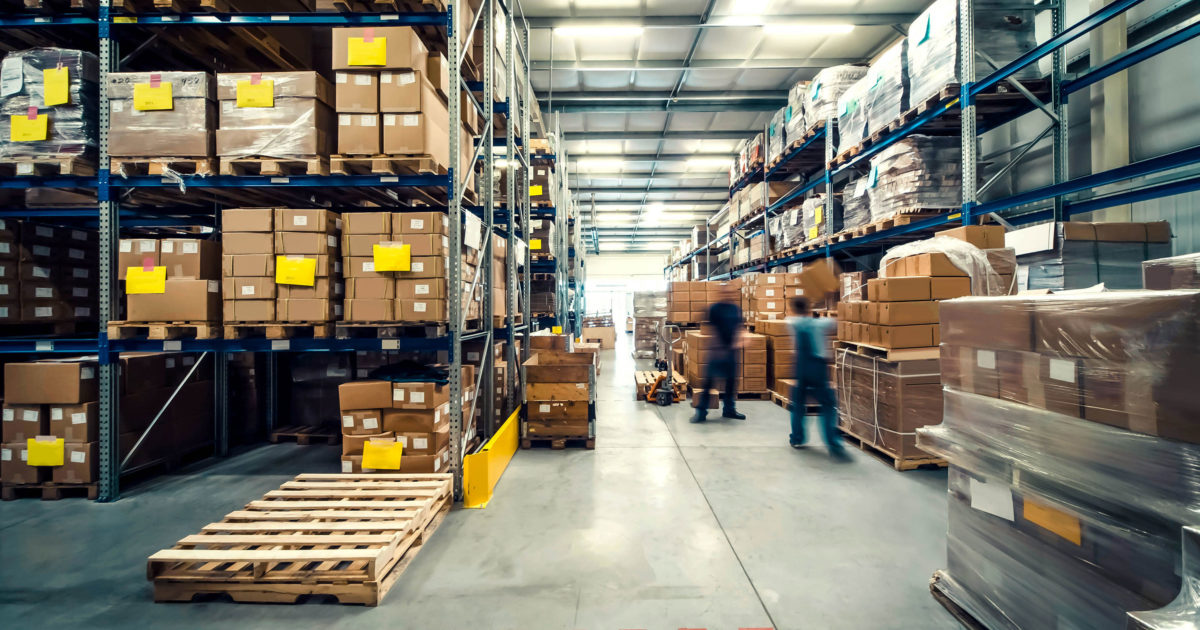Geopolitical Shifts Driving Supply Chain Realignment
The global supply chain network has long been the foundation of the modern economy. It enables companies to reduce costs, improve efficiency, and leverage international specialization. In recent years, however, geopolitical tensions, trade conflicts, and security concerns have reshaped this landscape. Strategies such as reshoring, nearshoring, and friendshoring are no longer abstract concepts. They have become central pillars of government and corporate decision-making.
The shift is driven not only by economics but also by national security priorities. Countries seek to secure critical industries like semiconductors, defense, and renewable energy. For example, governments in both the United States and Europe are actively investing in domestic production and allied partnerships. Their goal is to reduce reliance on competitors. This redirection of global supply chains has profound consequences for emerging economies. These countries were once told integration into international trade networks would ensure prosperity.
According to the World Bank, many developing nations are struggling. They find it hard to climb beyond their traditional roles in raw material exports and low-value assembly. This raises concerns about how they will adapt to this new environment.
Risks and Challenges for the Global South
For countries in the Global South, the promise of global supply chain integration has often failed. It has not translated into equitable development. While foreign direct investment brought jobs in manufacturing hubs such as Southeast Asia and Latin America, these roles were largely concentrated in low- to mid-tech sectors. This has provided limited upward mobility. Nearshoring initiatives now threaten to exclude regions. These are areas that lack geographic proximity or strategic alliances with core economies.
The International Monetary Fund warns that some nations could lose up to 12% of GDP. This loss comes as investment is redirected to politically aligned partners. Additionally, wage growth in many developing regions remains stagnant. This highlights how the benefits of participation in supply chains have been unevenly distributed. In Mexico, for example, foreign direct investment has concentrated in northern industrial hubs. This creates regional disparities while leaving other areas economically marginalized.
This imbalance risks reinforcing structural inequality. Large populations may be excluded from the supposed benefits of globalization. Furthermore, reliance on limited export sectors exposes these economies to volatility. Demand fluctuations or commodity price swings can have devastating impacts. Without diversification and structural reforms, emerging markets risk deeper dependency. Vulnerability increases in an era of global supply chain realignment.
Building Resilience and Inclusive Growth Strategies
The future prosperity of the Global South will depend on proactive measures. These must go beyond passively integrating into shifting supply chains. To reduce vulnerability, governments must encourage both backward and forward integration. They should ensure domestic companies gain control over raw materials, production, distribution, and sales. Offering targeted tax incentives, low-interest loans, and research grants to local businesses can help. This will strengthen domestic industries and build capacity for long-term growth.
At the same time, requiring multinational corporations to partner with local firms, invest in training programs, and contribute to research and development will help. This avoids the creation of isolated enclave economies. Expanding export destinations beyond a narrow set of markets is equally critical. Overreliance on a single country or region exposes economies to political risks and external shocks.
According to the OECD, diversification of both trade partners and product ranges significantly enhances resilience. This is against global disruptions. Governments should also prioritize investment in digital infrastructure, renewable energy, and advanced manufacturing. This will shift economies from low-value assembly toward high-value innovation. Approaching development in this way aligns with broader global sustainability goals. This positions developing nations not as peripheral players but as central contributors to future growth.
Institutions such as the World Economic Forum emphasize the importance of inclusive strategies. Combining economic integration with domestic capacity-building is essential. These approaches aim at reducing inequality and securing sustainable development in the Global South.



